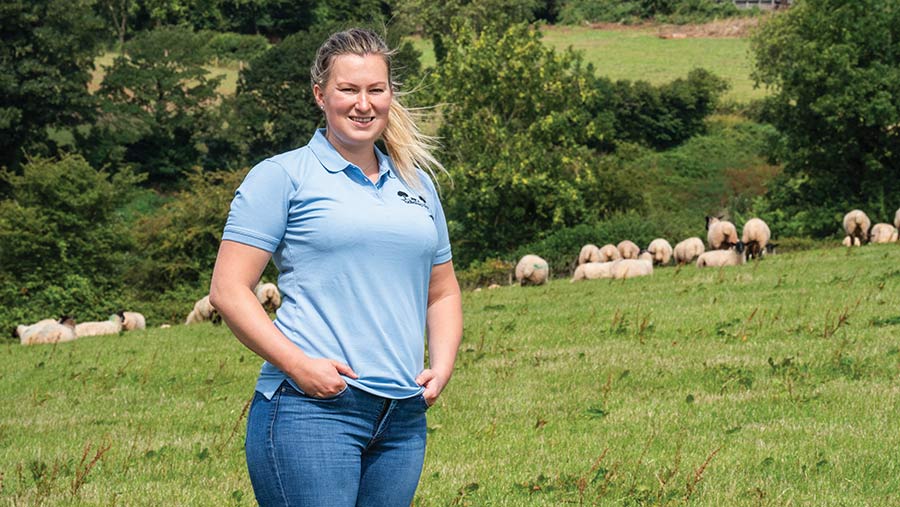Hannah Reddaway: Local support goes a long way for farmers
 Hannah Reddaway © Emily Fleur
Hannah Reddaway © Emily Fleur In a world where supermarkets dominate, I’ve come to realise the profound importance of supporting each other, and local, small businesses.
Supermarkets, with their glittering aisles and tempting deals, often draw us in with promises of affordability and convenience.
As a farmer, this allure is particularly compelling when profit margins are tightening, and time is a precious commodity.
See also: Hannah Reddaway – diversification demands time and patience
Despite our best intentions, we often find ourselves at the supermarket checkout, enticed by the prospect of lower prices and the efficiency of streamlined shopping.
As we navigate a changing landscape marked by the removal of the Basic Payment Scheme, which previously enabled farmers to sell produce at reduced prices and so benefit consumers, we encounter a challenge.
With the removal of the scheme, supermarkets aren’t raising farmers’ earnings accordingly.
To fortify the economic backbone of our communities, consciously choosing to buy directly from local sources – even if it incurs an extra cost – supports not just the farmer, but also the small abattoir, market, and butcher.
This investment in (and support for) local producers is crucial, even though it may involve paying a bit more for our food.
Without such support, how can we expect the general public to follow suit?
There is hope. The rise of online platforms and the ease of setting up websites have made buying direct more accessible.
I’ve found value in establishing a website for Tuckenhay Farm Meat Boxes, and partnering with a small local delivery company.
It’s testament to the growing potential of direct sales, making it more feasible for consumers to support local producers.
There are lots of small changes that, if we do collectively, can make a significant difference.
This festive season, instead of indulging in gimmicky secret Santa gifts, consider buying vouchers for local businesses.
Rather than contributing to the millions of tonnes of food waste the UK produces at Christmas each year, redirect the money spent on excessive food towards supporting local farmers and reducing waste.
It’s a small step with significant implications, and I hope others will join me in embracing the change.


